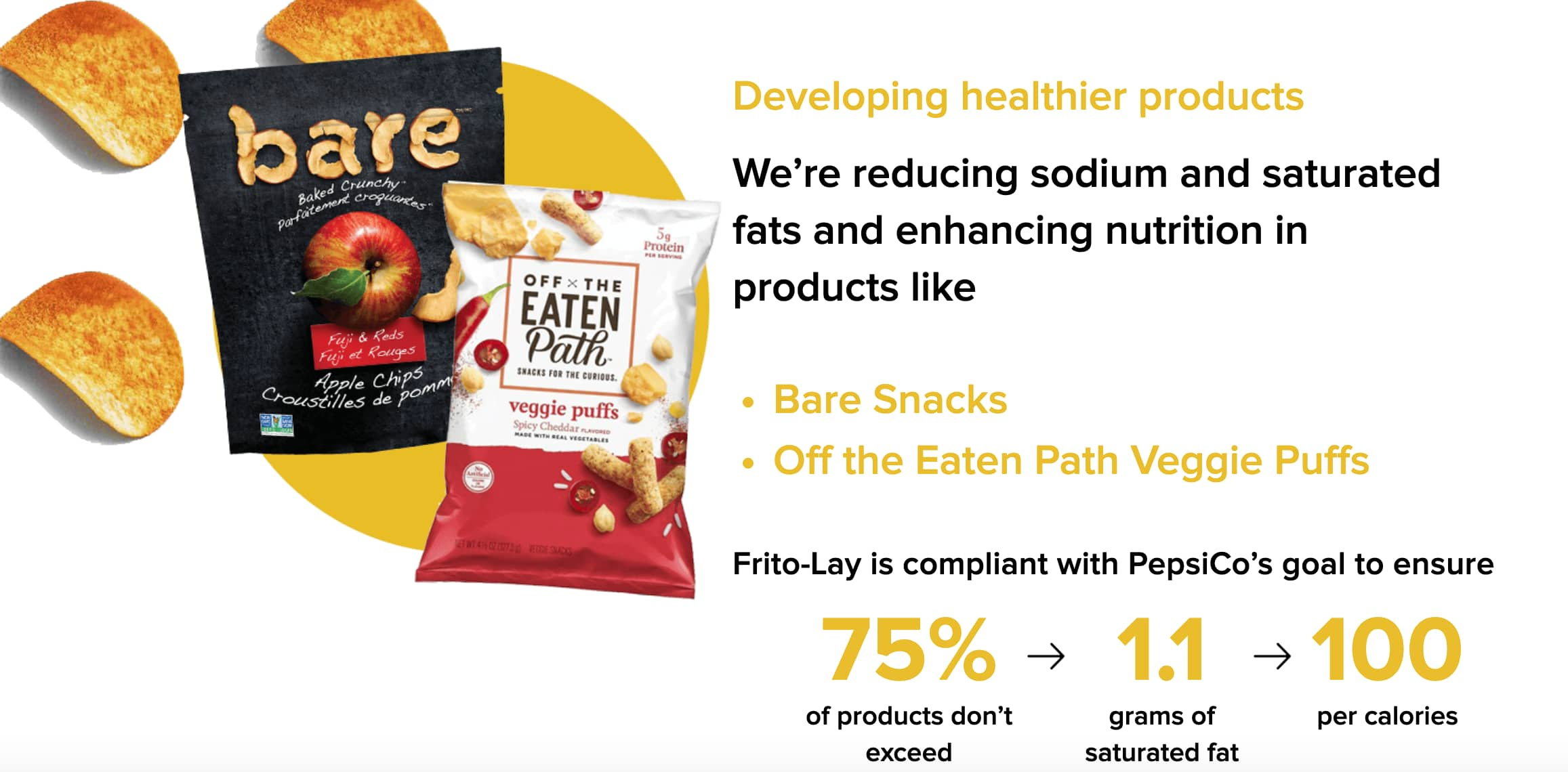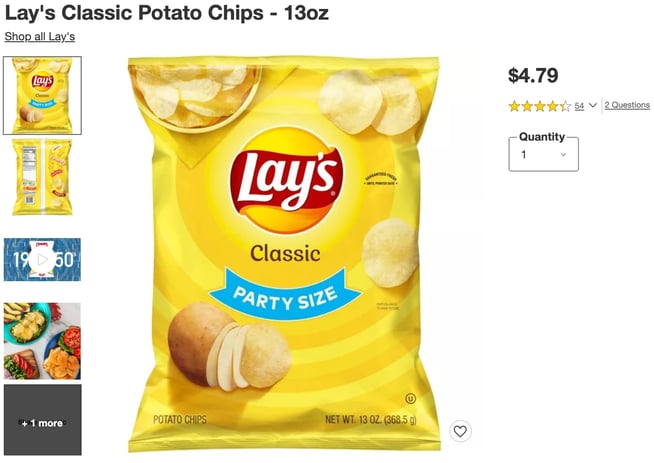Happy New Year! We’re back at the Tako Stand after a little holiday break and excited to hang with you in 2021 and beyond.
Since we’re in a period often synonymized with fresh starts, we thought it’d be fun to kick things off with a little guide to improving sustainability and ethical decision making for small businesses.
We’d love to know: are you prioritizing becoming a more ethical business in 2021? If so, how? Tag us on Twitter @takoagency to let us know.
Looking forward to a safe and successful year with you all!
Terms like sustainable and ethical have become borderline buzzwords in recent years. As these concepts rise in popularity, their definitions become increasingly amorphous, since there are basically no hard-and-fast rules about what makes a business (or their products) sustainable.
The Wild West-ish nature of “ethical business” means two problematic things:
-
- Lots of room for fancy, ambiguous wordplay that makes customers feel good about the companies they choose to interact with, when the reality is there’s often no difference between those and the ones they see as unsustainable.
(Hasan Minhaj hilariously demonstrated what that means for fast fashion in this episode of his topical talk show, Patriot Act. Watch the clip, then watch the whole episode, and thank us later.) - Companies with enormous budgets can create massive sustainability campaigns--maybe based on data and other things that actually make a difference, but many times not, and maybe based on an earnest desire to create a healthy place for people to thrive, but often not.
(Writer’s note: It’s PepsiCo/Frito Lay trying to convince all of us that they care about our health for me, lol. More on that later.)
This sort of high-dollar perception-bending turns “ethics” into something seen as only attainable for the “haves.” Meanwhile, the little guys are left feeling discouraged and unequipped for the challenge. (And, by the way, still not knowing exactly what it means to be a sustainable and ethical business.)
- Lots of room for fancy, ambiguous wordplay that makes customers feel good about the companies they choose to interact with, when the reality is there’s often no difference between those and the ones they see as unsustainable.
Good news! Sustainability is not as grandiose or inaccessible as corporate America would have you believe. In fact, small businesses and independent creators are perfectly poised to begin making little changes, right now, that can have a significant impact on their employees, customers, community, and planet over time. Here are 10 to get you started.
1. Look for Sustainable Packaging Options
This is one of the simplest ways small businesses can decrease their impact on the environment, and it doesn’t take a massive amount of effort!
Consider using materials that are biodegradable or recycled. If you have the cash, explore unique packing options like Corn Foam, a la Seed, which literally dissolves in water. (It’s fun, we’ve tried it.) For smaller budgets, biodegradable tissue or thrifted fabric is great for wrapping, and there are plenty of post-consumer recycled options for boxes, bags, and insulation. Don’t forget to look for ways to minimize the amount of packaging you use overall, too. (Looking at you, Amazon. Enough with the Russian nesting doll boxes already.)
ATTENTION SUBSCRIPTION BRANDS: invest in reusable packaging--also a la Seed. (Don’t @ us for mentioning them twice. They’re killing it in the sustainable packaging department.) Seed customers’ first box comes with one month’s supply of probiotic pills, a large glass jar to hold them all, and a smaller glass jar for travel.
All pill refills come in biodegradable pouches filled with that fun, dissolvable Corn Foam and can be transferred to the glass jars upon arrival. No excess packaging required. Reusable solutions like this may cost a little more at the start, but that investment is offset by decreased future need for packaging.
Eco-friendly packaging is not just for subscription companies. Check out personal care company Public Goods, which supplies shampoo, lotion, and conditioner refills in large containers to reduce the packaging waste of several smaller bottles. It’s not a perfect solution, since those plastic bags are not recyclable themselves, but what’s more important is that the Public Goods team is constantly striving to improve, and keeping a dialogue about it. Every little step counts.
2. Practice Open Communication with Staff
As a shop owner, you carry a great deal of responsibility when it comes to establishing and maintaining the ethics of your business. Start with your staff. Whether you have just one assistant or a 50-member team, encouraging open and honest communication in the “office” (whatever that means for you) is critical for transparency--a hallmark of an ethical business.
Talk to your people. Ask them how you can all do better as a company. Keep your mind open and avoid being defensive. If you aren’t sure your team will be completely honest with you about potential improvements, consider setting up an anonymous line of communication (like Typeform or a Google Form that’s been created to be anonymous) where employees can offer critiques and suggestions.
3. Know the Company You Keep
You’re doing all you can to ensure your business is ethical. Your packaging is recycled, you’ve made environmentally-friendly adjustments to manufacturing, your staff is diverse and happy--you’re doing amazing, sweetie!
Next step: think about the practices of your suppliers. Do they share your values? It may take a little digging, but knowing your friends-in-business will be invaluable as you grow your own.
4. Re-evaluate Your Delivery Practices
This is potentially the toughest-to-tackle change on the list. After all, if you’re in New Hampshire and a customer in Washington State (or, like, the UK) orders from you, you’ve got to get your product from you to them.
Here are two ideas to get you started:
The EPA has a partnership program called SmartWay, which is a collection of shippers (companies selling things), carriers, logistics companies, and other affiliates who are committed to minimizing their carbon footprint. Every year the EPA releases a ranking sheet. (2019 carrier report here!) Keep an eye on that data, as well as the High Performers list (only about 2% of their partners meet the HP standard), and select carriers who make the cut.
If you can’t beat your carbon footprint, offset it! There are several emissions offset programs, like the Carbon Offset Company, that allow you to purchase certified carbon credits, contribute to forestation efforts, and more.
5. Support Other Local Businesses
There’s power in numbers. Linking arms with other small businesses is crucial for reinforcing communities and economies because it creates a sustainability loop for everyone involved.
It’s pretty simple: without support, businesses fail. If you, as a small business, opt to partner with an independent supplier as opposed to a big box one, you contribute to their continued success. As they get support from businesses like yours, they can hire more staff and acquire higher quality materials, meaning they can manufacture all the products you love in larger volumes, as well as provide more diverse offerings that will make your business better.
Another way to support small businesses is to arrange showcases and mixers, like Boston-based Business Women’s Brunch*, to create a sense of community among owners and makers, as well as support them by purchasing their products.
*BWB is run by luxury candlemaker, Anjha Thomas, and two of her girlfriends. We interviewed Anjha for our Conversations with Black Creators series and she is a sweet, fiery delight of a woman.
6. Review Staff Protection Policies and Diversity Practices
A business is only as good* as its people.
*Good should not be confused with successful, since many companies experience wild success on the back of some gnarly practices.
When it’s time to staff, the best way to become both good and successful is to brush up on your diversity education. Ensure that you have clearly outlined policies that protect and promote diversity of race, culture, gender identity, sexuality, and religion. Make concerted efforts to foster a respectful environment where employees feel safe calling out needs for improvement--in individual team members and in the company culture.
7. Provide Online Accessibility
Most business owners are (hopefully) familiar with basic accessibility rules for companies with a brick-and-mortar presence, but accessibility on the internet is often overlooked--and yikes, it shouldn’t be!
For the sake of the web-surfing public and your business, ADA and WCAG compliance is critical. Failing to ensure accessibility on your website can exclude potential customers who have limitations, or worse, land you in a world of legal trouble if someone decides to sue.
The first step is knowing what it means to be 508, ADA, and/or WCAG-compliant. Here’s a great article that’ll help you out there. Second, get yourself a tool that will keep your site compliant, with little to no effort from you!
8. Understand that Ethical Business May Look Different from Moment to Moment
The exponential evolution of technology, science, and culture presents us with an astonishing number of new ideas and opportunities. With those ideas and opportunities, though, come new challenges.
For example, in just the last 10 - 15 years, social media has gone from a fun, casual way of connecting with people we care about to a behemoth social entity, firmly embedded in every aspect of our lives and affecting foundational segments of society, including politics, business, and health.
Even if you’re not an active social media user yourself, it’s still impacting your life just by existing. It’s becoming the primary way that information (and misinformation) is distributed to the People. Millennials and Gen Zs (who, together, make up over 50% of the world’s population today) use social media to get news, engage with social justice initiatives, connect with friends, purchase products, advertise businesses, and more. Sounds great, right?
We probably don’t need to do a deep dive into the psychological or--ahem--political ramifications of social media. Chances are you’ve seen or experienced negative byproducts of Facebook/Twitter/Instagram yourself. The bottom line is: while those platforms have continued to grow, none have done a great job of combatting the issues their progress has brought about.
So what does all of this have to do with you? In short, as the evolution of culture continues, your business should evolve with it, not only capitalizing on new opportunities but quickly and dynamically addressing any resulting ethical hurdles.
9. Prioritize Transparency + Ask Your Audience for Feedback
While we’re hesitant to broadly claim that the customer is always right, they usually are. We know it can sometimes feel like a royal pain in the ass to decipher what customers want, let alone how to give it to them, but savvy business owners will do well to figure it out.
We said it before, we’ll say it again: transparency is a cornerstone of ethical business. If that’s important to you, customers shouldn’t have to hunt for information on your supply chain, site accessibility, staffing practices, employee working conditions, or efforts in environmental sustainability.
Not sure customers are seeing what they want to see or getting what they need from you? Ask them! Regularly and openly poll your audience for feedback on everything from transparency of business practices to product offerings. This kind of communication fosters trust, and trust = brand loyalty.
10. Keep an Open Mind
Chances are, at some point in your journey to ethical enlightenment, you will run into someone who suggests something you think is unreasonable, cumbersome, or simply not viable for your business. Maybe you’ll be right!
Still, it’s important to keep communication open, find compromises, and never be afraid of iterating. Consistently examine yourself, as well as your business, with a critical eye and get really honest about where improvements can be made...then make them.
There you have it: 10 high-impact ways to start making a sustainable splash, right now.
Here’s a bonus one: whichever of these efforts you decide to execute, do it authentically, not performatively. Your customers are not knuckleheads. If you are interested in looking better but not actually putting in the work to be better, they’ll sniff you out a mile away.
FOR EXAMPLE (deep breath): remember the shade we threw at PepsiCo/Frito Lay earlier? Told you we'd come back to that.
Check this out:

They themselves consider this part of their sustainability campaign: 75% of products don't exceed 1.1g of saturated fat or 100 calories. Sounds like they're really trying, right? But there are a few issues with this:
1) PepsiCo is, arguably, one of four major Big Food conglomerates (others include CocaCola, Nestle, and General Mills) contributing heavily to the obesity epidemic in the U.S. (and beyond). Minimizing saturated fat and lowering calorie count in 75% of your products will not change that.
2) You can't simply create a handful of "healthy" products, but continue to mass produce the amount of processed poison that PepsiCo does and then tell people you care about their health. (That's definitely like...lying, right?)
3) Those "healthier" options are some of the most expensive ones Frito Lay puts on grocery store shelves, keeping them out of the hands of the people who most need to reduce their intake of saturated fat and sodium. (Low income has been directly linked to poor health and obesity.)
At Target, one 3.4 oz bag of Bare Chips rings in at $3.99, while one 13 oz. bag of Lay's Potato Chips is just 80 cents more. Don't get it twisted: when Frito Lay says they are committed to providing "healthier" options, they mean to people who can afford it.


4) Here's the crescendo: although PepsiCo and Coke have given millions of dollars to health organizations, they have matched those generous contributions by famously fighting tooth and nail against initiatives intended to curb obesity and general poor health in the United States.
<screams into the abyss>
That, ladies and gentlemen, is a shining example of performative ethics. Just...don't do it.
Don’t forget to check out all the yummy content we cooked up in 2020, as well as the goods coming every week in 2021, right here at the Tako Stand.
Here’s to a healthy, happy, safe year. 💜

















